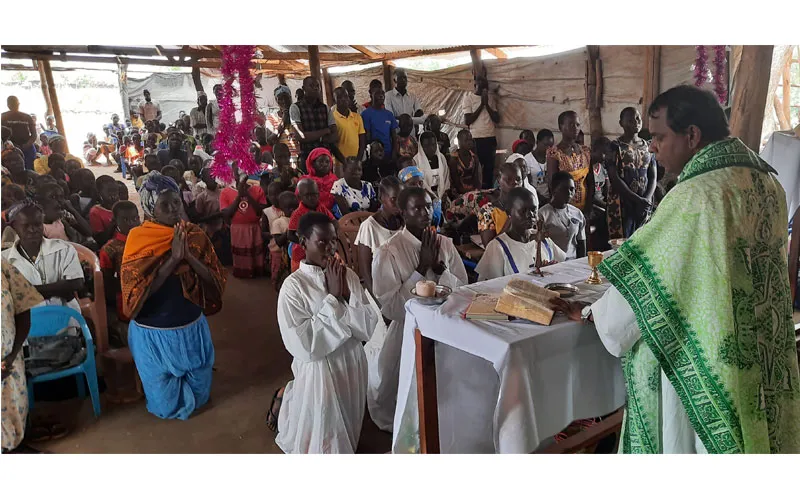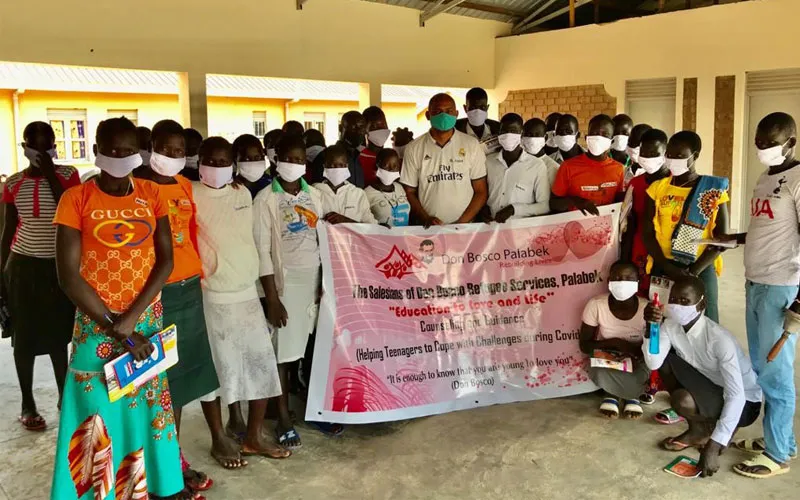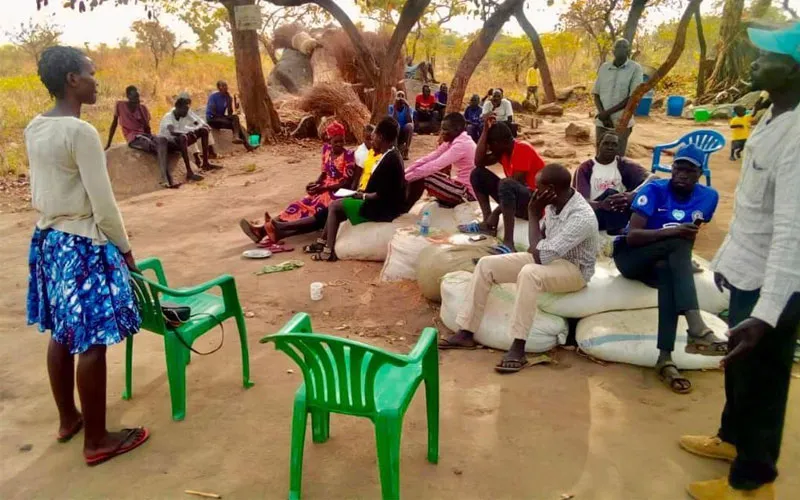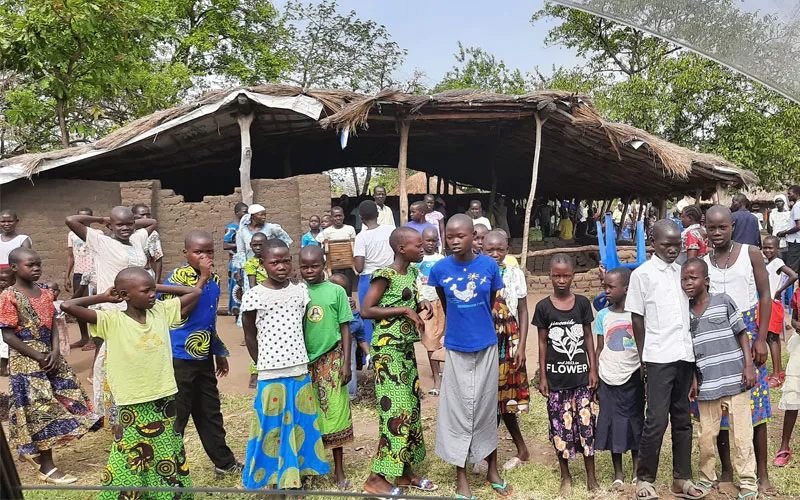“Refugees are our brothers and sisters rather than sojourners. Anyone can be forced to become migrants and refugees. Most of them did not choose to be in the condition that they are. They are made refugees due to the war, insecurity, political turmoil, natural calamities and even situations caused by climate change,” he says.
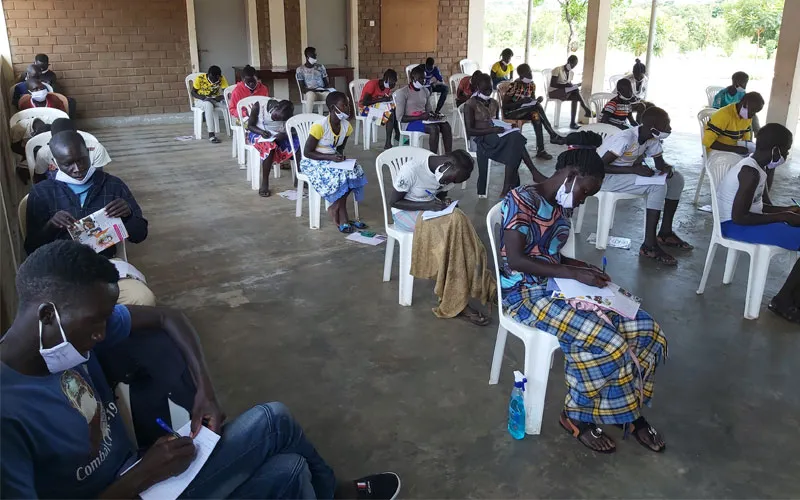
The Missionary Cleric who has ministered in East Africa for close to three decades expresses regret that a considerable number of people world over have been forced to flee from their homes and are now refugees.
“It is unfortunate that a considerable portion of humanity is made into refugees in the world of today,” he says, and adds, “A deeper look into this reality tells us that it is human greed and selfishness of a few that has made fellow human beings to suffer untold misery.”
According to the SDB Priest, people who lived in their own land and earned their own living have been deprived of their land and livelihoods and are forced to take refuge in unknown land and cultures.
(Story continues below)
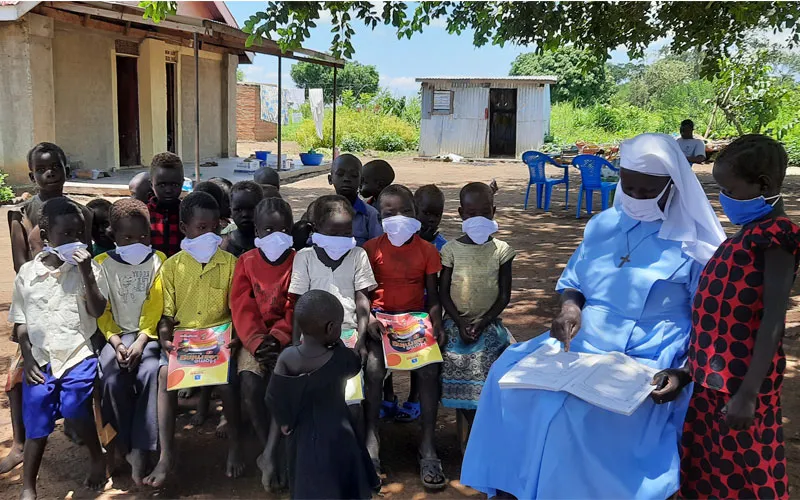
He says that those who have been ejected from their ancestral home have also had their self-worth and dignity stripped off.
Fr. Arasu makes reference to Pope Francis’ Encyclical Letter, Fratelli Tutti, in which the Holy Father invites everyone to live in the thought of “We” and “Us”, thus building a human family.
The Salesian Priest reiterates the message of Pope Francis who has written, in the context of the COVID-19 pandemic, “Once this health crisis passes, our worst response would be to plunge even more deeply into feverish consumerism and new forms of egotistic self-preservation. God willing, after all this, we will think no longer in terms of ‘them’ and ‘those’, but only ‘us.’”
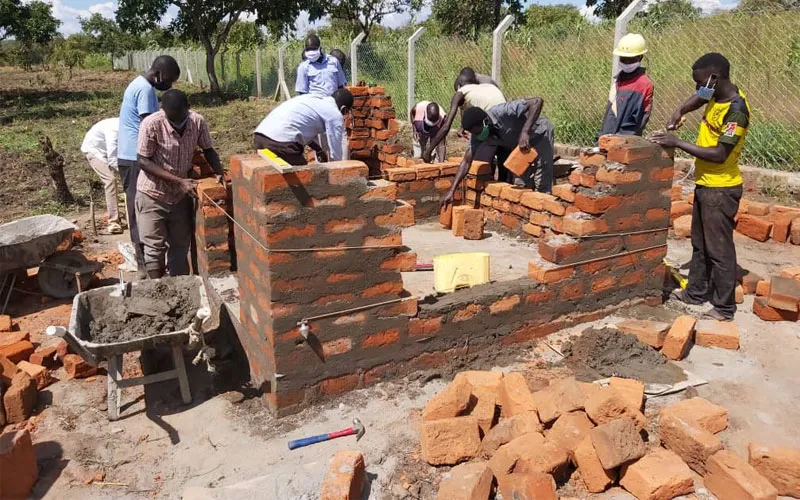
“Yes, when we consider everyone as part of our family, no one will be a migrant and a refugee among us,” the Director of the refugee settlement that provides home to thousands of refugees, including those from neighboring South Sudan, says.
Explaining the 2021 theme of the World Refugee Day, Fr. Arasu says, “Together we heal, aimed at giving refugees access to primary and secondary health care, sexual and reproductive health, nutrition and mental health services.”
The message in “Together we learn” aims at transforming the lives of young refugees by offering education and building a better future, he says.
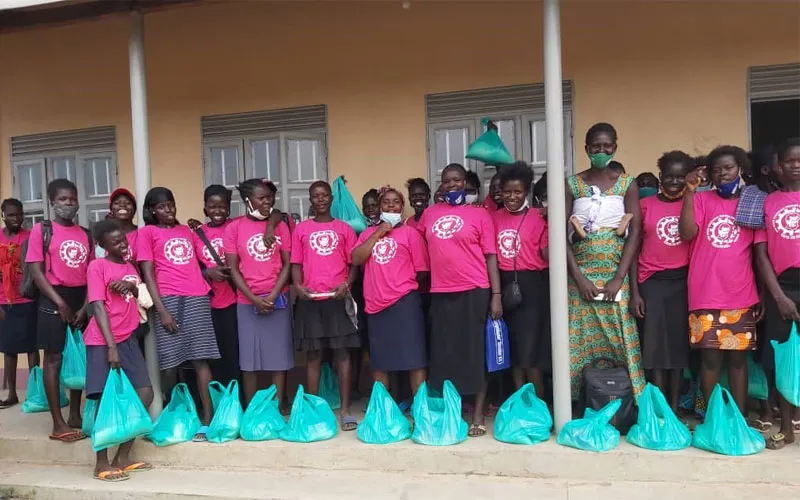
As for “Together we shine”, host countries are called upon to support refugees to discover their creativity and to make best use of their lives.
The Priest says that healing, learning and shining are capable of boosting the mental health of refugees and helping them gain confidence, forge new friendships, and feel welcome.
“In this process, using sports, games, new methods of learning and other creative activities can develop among the young refugees their inherent talents,” he says.
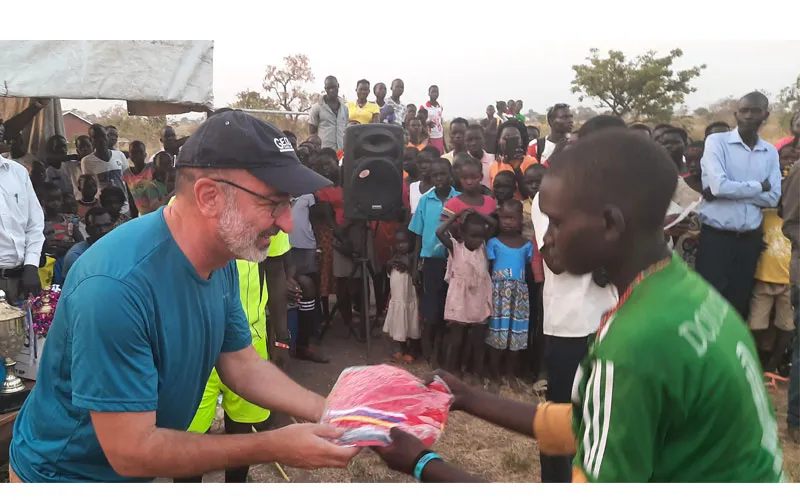
According to the Priest, the pronoun “we” stands for togetherness, unity, closeness, inseparability, friendship “and even intimacy.”
“Perhaps, in the world of consumerism, materialism and profit-mindedness, the ‘we’ concept is easily forgotten and overlooked,” he says, and adds, “Now the United Nations and world leaders such as Pope Francis are calling us to feel the sense of ‘we’. At this moment this feeling alone can save refugees and everyone, especially in this dreadful period of Coronavirus pandemic.”
“The feeling of ‘we’ can surely help us to stay together though in physical social distance,” Fr. Arasu says.
According to him, World Refugee Day celebrations, which he says are full of speeches based on compassion, mercy, sharing and welcoming, are most importantly “an invitation to build empathy and understanding for their (refugees’) plight and to recognize their resilience in rebuilding their lives.”
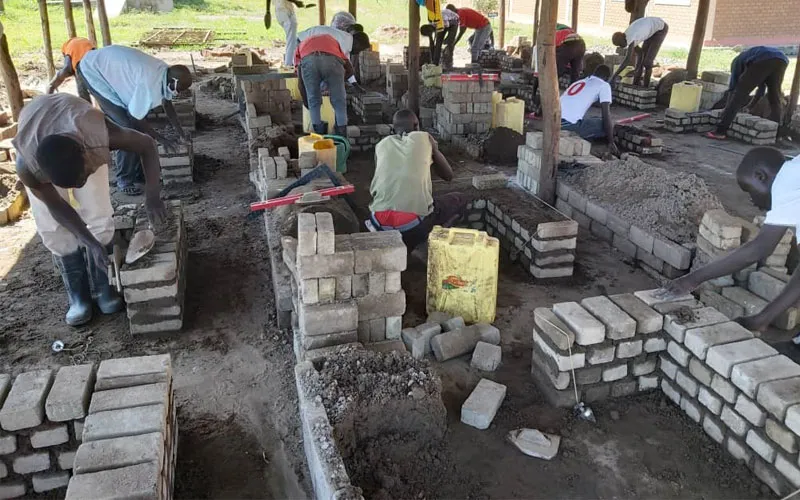
“The day shines a light on the rights, needs and dreams of refugees, helping to mobilize political will and resources so refugees can not only survive but also thrive,” he says,
The Salesian Priest explains, “While it is important to protect and improve the lives of refugees every single day, international days like World Refugee Day help to focus global attention on the plight of those fleeing conflict or persecution.”
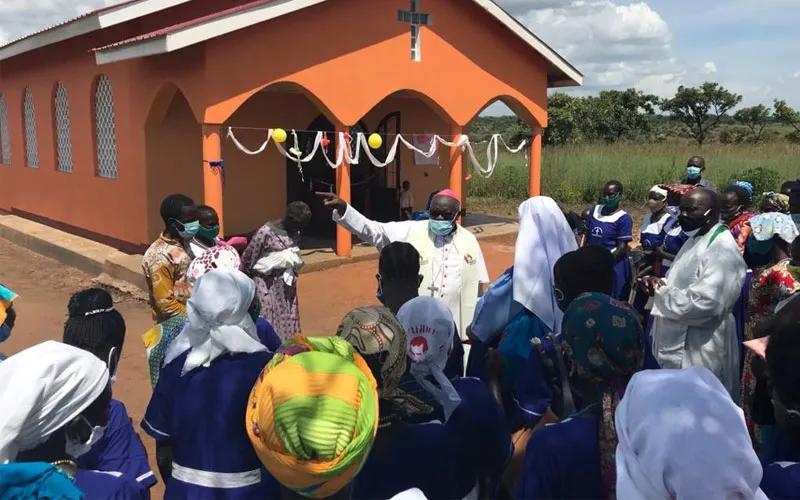
“Many activities held on World Refugee Day create opportunities to support refugees,” the Missionary Priest says in his message shared with ACI Africa.
Agnes Aineah is a Kenyan journalist with a background in digital and newspaper reporting. She holds a Master of Arts in Digital Journalism from the Aga Khan University, Graduate School of Media and Communications and a Bachelor's Degree in Linguistics, Media and Communications from Kenya's Moi University. Agnes currently serves as a journalist for ACI Africa.
